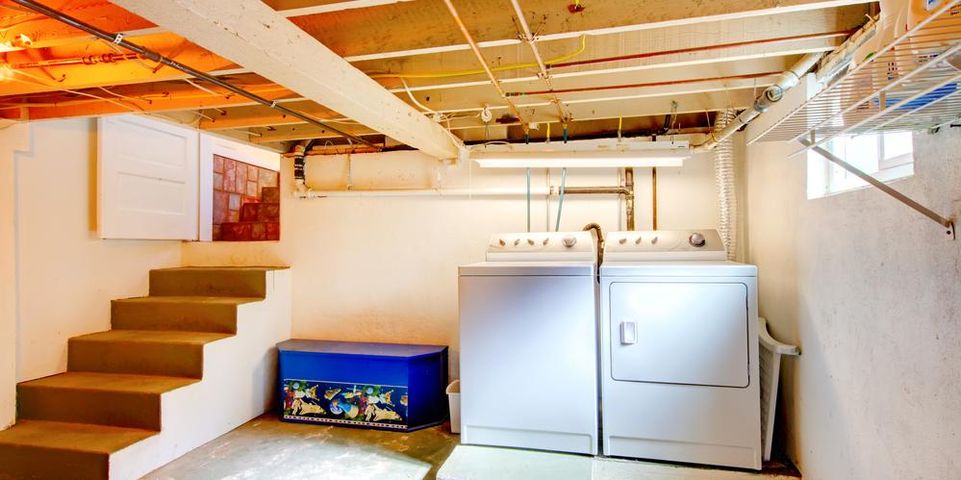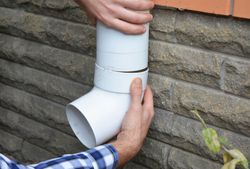
Even if you don’t expect heavy rain to come soon, it’s never too early to take extra precautions. Basement and lawn flooding could affect your septic tank, leading to soil shifting and erosion. Many factors cause these problematic scenarios, but addressing each potential one minimizes the risk. As a homeowner, here are a few steps to take now.
How to Avoid Basement Flooding
1. Maintain the Sump Pump
Homes with basements prone to flooding must have sump pumps, which move excess water out. As your last line of defense against flooding, this device needs power and has to be in working order.
Prevent unpleasant surprises by having the unit tested and serviced ahead of the rainy season. Don’t forget to check the generator or battery that powers the pump. Sometimes, insurance companies don’t cover flooding damages caused by faulty sump pumps.
2. Clear the Gutters
 Gutters and downspouts carry rainwater away from roofing. When they get clogged with debris, including leaves, twigs, and dirt, water may spill over the gutter channel and onto your exterior wall.
Gutters and downspouts carry rainwater away from roofing. When they get clogged with debris, including leaves, twigs, and dirt, water may spill over the gutter channel and onto your exterior wall.
To avoid staining and potential structural damage, clean your gutters of any obstructions at the beginning of the spring. Adjust the downspouts to let water flow away from your house and the basement.
3. Check for Foundation Cracks
Water intrusion can happen through cracks in the foundation. Take a look at the exterior of the home, as well as the basement’s walls and floor.
If you notice any cracks, gaps, or openings, fill them with epoxy to stop water from coming in. If the leaking persists, call a contractor for an inspection and repairs.
4. Get a Sewer or Septic Inspection
Blocked sewage lines or overflowing septic tanks also cause flooding.
Once a year, schedule a sewer or septic inspection to ensure you won’t be dealing with backups, clogging, and cleanups anytime soon. Remember to have your tank pumped every three to five years, depending on the schedule set by your professional.
5. Factor in Landscaping
Improper land grading, which causes the yard to slope towards the home, can cause water to pool around the basement. Even if you have a sturdy window, water can eventually find a way inside, leading to flooding and mold growth.
If your yard is sloped, consider re-grading the land. You can also install hardscaping and landscaping features that absorb more water, such as pavers and ground-covering plants, like the blue-green sedge.
Follow the above tips to reduce the likelihood of basement and septic flooding. Before the rainy season starts in the spring, work with the plumbing professionals at Holmen Pumping Service to protect your septic system. They’ve provided septic maintenance, tank pumping, and sewer cleaning services in homes across La Crosse, Galesville, Trempealeau, West Salem, Melrose, Mindoro, Ettrick, WI, and the surrounding cities. Call (608) 526-3865 for an estimate or view more septic tank care tips online.
About the Business
Have a question? Ask the experts!
Send your question

